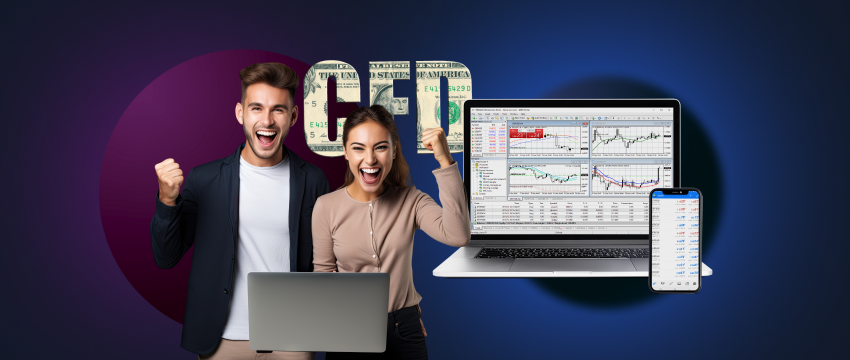
CFD (Contract for Difference) trading platforms serve as the gateway for investors to access the financial markets and execute trades. With a plethora of options available, choosing the right trading platform is crucial for success in cfd broker trading. Here are some tips for navigating CFD trading platforms effectively.
Understanding CFD Trading Platforms
CFD trading platforms are software applications provided by brokers that enable investors to trade CFDs on various financial instruments. These platforms offer features such as real-time market data, charting tools, order execution capabilities, and account management functions. When evaluating CFD trading platforms, consider factors such as reliability, functionality, user experience, and available assets.
Key Features to Look For
User-Friendly Interface: A user-friendly interface makes it easy for traders to navigate the platform, place trades, and access essential tools and resources. Look for platforms with intuitive design and customizable layouts to suit your trading preferences.
Advanced Charting Tools: Comprehensive charting tools are essential for technical analysis and decision-making. Look for platforms that offer a wide range of indicators, drawing tools, and timeframes to analyze price movements effectively.
Order Types: Different order types allow traders to implement various trading strategies and manage risk efficiently. Look for platforms that offer a variety of order types, including market orders, limit orders, stop-loss orders, and trailing stops.
Real-Time Market Data: Access to real-time market data is essential for making informed trading decisions. Look for platforms that provide up-to-date pricing information, news feeds, and economic calendars to stay abreast of market developments.
Mobile Trading Apps
In addition to desktop platforms, many brokers offer mobile trading apps that allow traders to manage their accounts and execute trades on the go. Mobile trading apps provide flexibility and convenience, enabling traders to stay connected to the markets at all times. When evaluating mobile trading apps, consider factors such as speed, reliability, and compatibility with your mobile device.
Demo Accounts
Before committing real capital, consider testing the platform with a demo account. Demo accounts allow traders to practice trading strategies, familiarize themselves with the platform’s features, and gain confidence without risking real money. Take advantage of demo accounts to assess the platform’s capabilities and suitability for your trading style.
Customer Support and Security
Lastly, consider the quality of customer support and the security measures implemented by the broker. Prompt and responsive customer support is essential for resolving any issues or inquiries effectively. Additionally, ensure that the platform employs robust security protocols to protect your personal and financial information.
In conclusion, choosing the right CFD trading platform is crucial for success in CFD trading. By understanding key features, testing the platform with a demo account, and considering factors such as user experience, reliability, and security, traders can select a platform that meets their needs and enhances their trading experience.